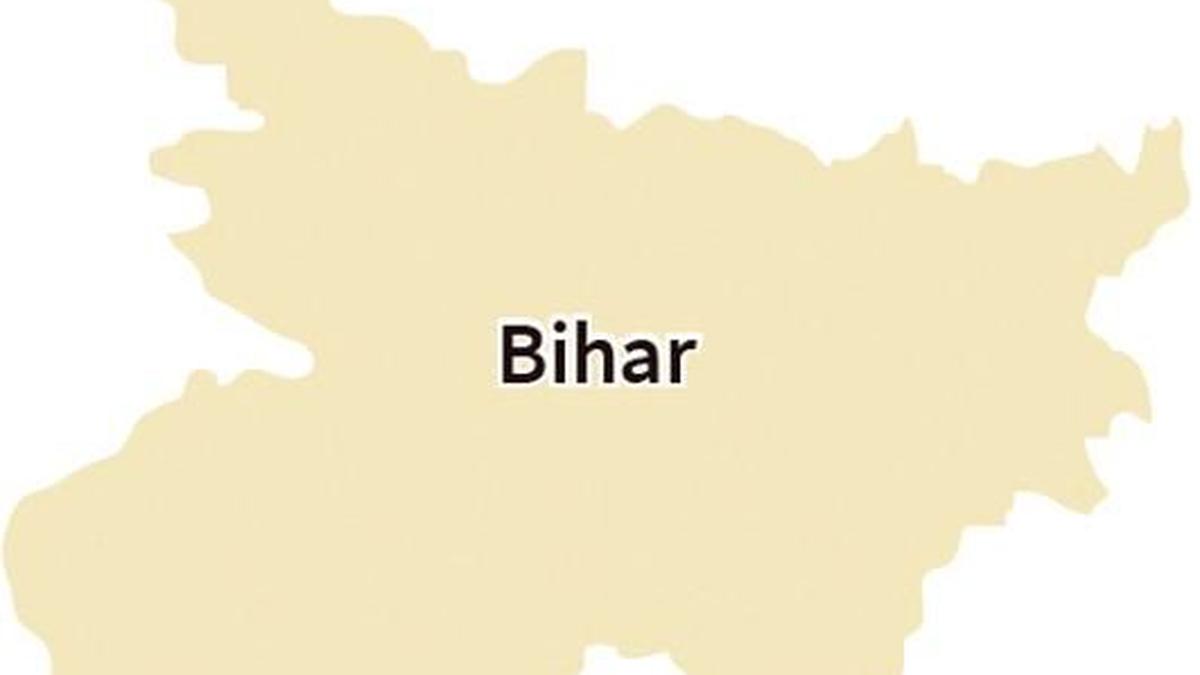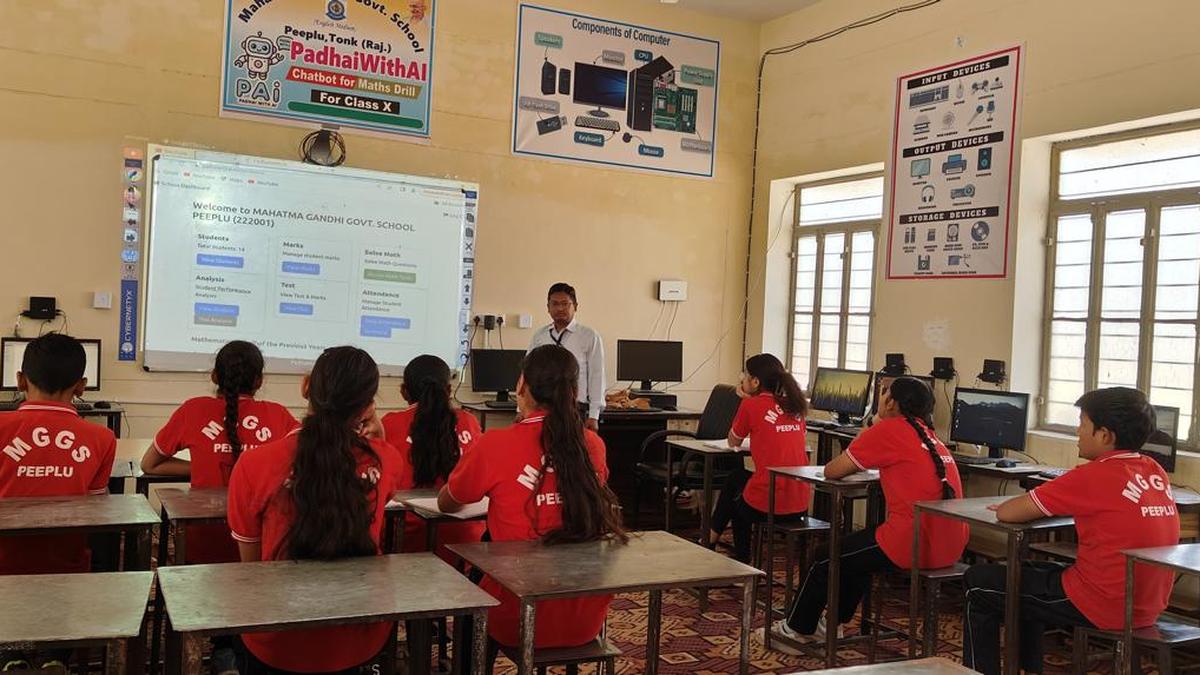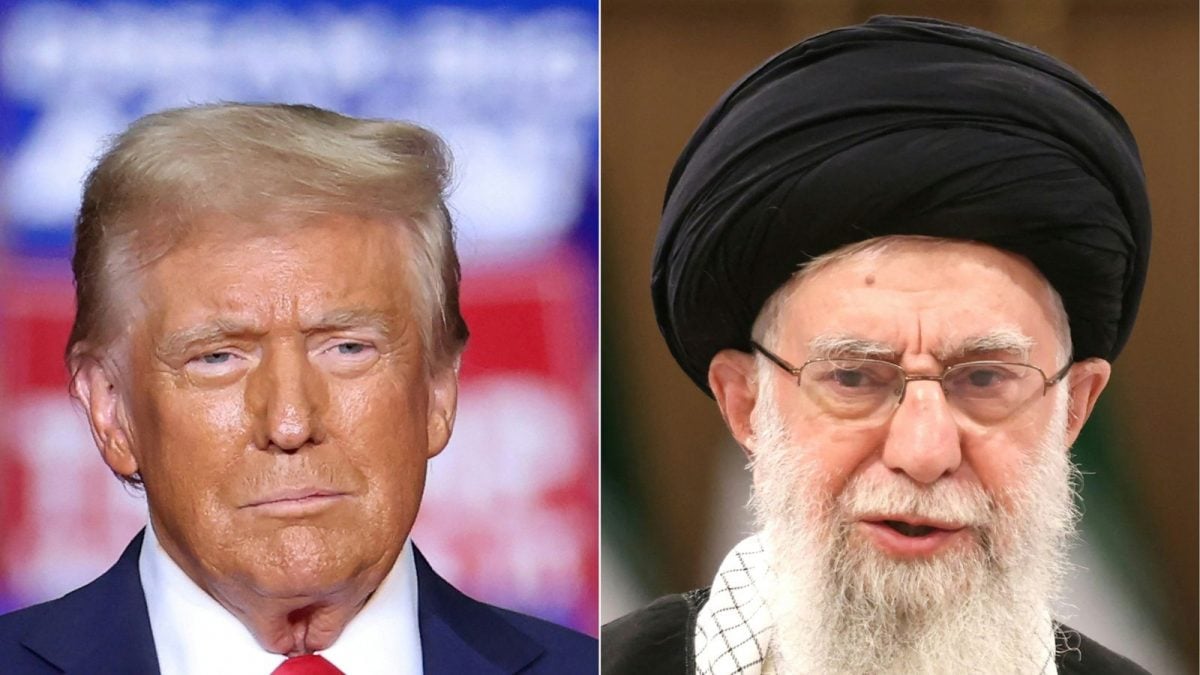Amid allegations by Opposition parties over alleged manipulation of voter rolls, the Election Commission of India (ECI) on Sunday (June 22, 2025) said it was contemplating intensive house to house verification for the revision of electoral rolls before the upcoming Bihar Assembly election.
This approach is being considered as, in the past, persistent concerns have been raised by various civil society organisations, political parties, and agencies on the inclusion or deletion of names of electors from the rolls, sources in the ECI said.
Opposition parties have time and again flagged concerns over electoral rolls. The Congress alleged discrepancies in electoral rolls during the 2024 Maharashtra Assembly election, and the Trinamool Congress (TMC) has raised the issue of duplicate Voter ID cards in West Bengal.

In March, the ECI wrote to all political parties, asking them to participate in a meeting to strengthen the election process within the legal framework.
The entire process of updating electoral rolls was being conducted in accordance with the ECI’s rules and directions, and sufficient opportunity was being provided to political parties to file objections and appeals before the final electoral roll was published, a source in the ECI said.

“However, in spite of following a detailed protocol, insinuations and allegations are often made against the ECI for arbitrarily inflating the electoral roll, even though the exercise is conducted with complete transparency and under the constant scrutiny of the political parties,” the official said.

In order to make the system completely robust and free of errors, the ECI was contemplating an intensive house to house verification process for the revision of electoral rolls before the Bihar Assembly election. Such a rigorous revision of the electoral rolls has been done in the past as well, the official said, adding that the previous such exercise was undertaken in 2004.
The need for constant updation of electoral rolls arises due to various reasons, including the migration or shifting of voters; deletion of names of dead electors; addition of names of young electors attaining the age of 18 years; corrections in elector details, including names, photographs and addresses; rationalisation of polling stations; and identification and subsequent deletion of names of foreign illegal immigrants.



.png)
.png)
.png)
















 4 hours ago
4
4 hours ago
4









 English (US) ·
English (US) ·